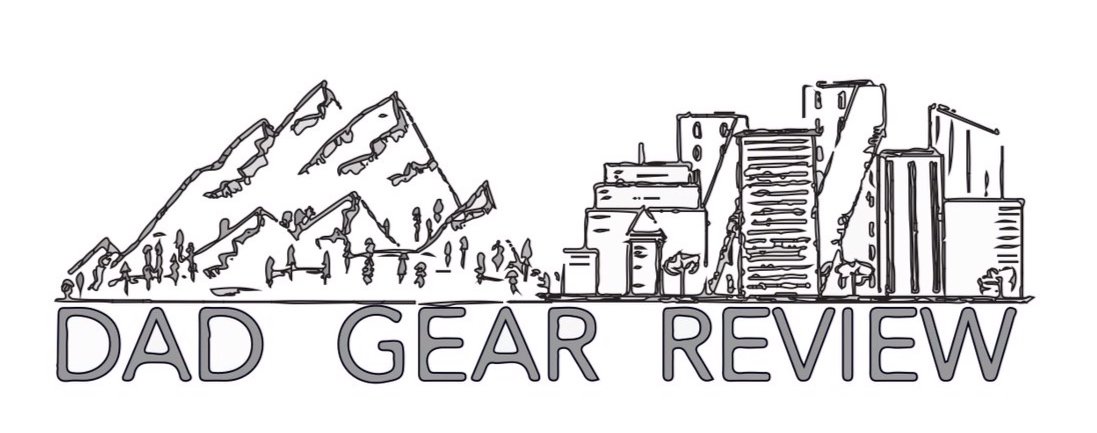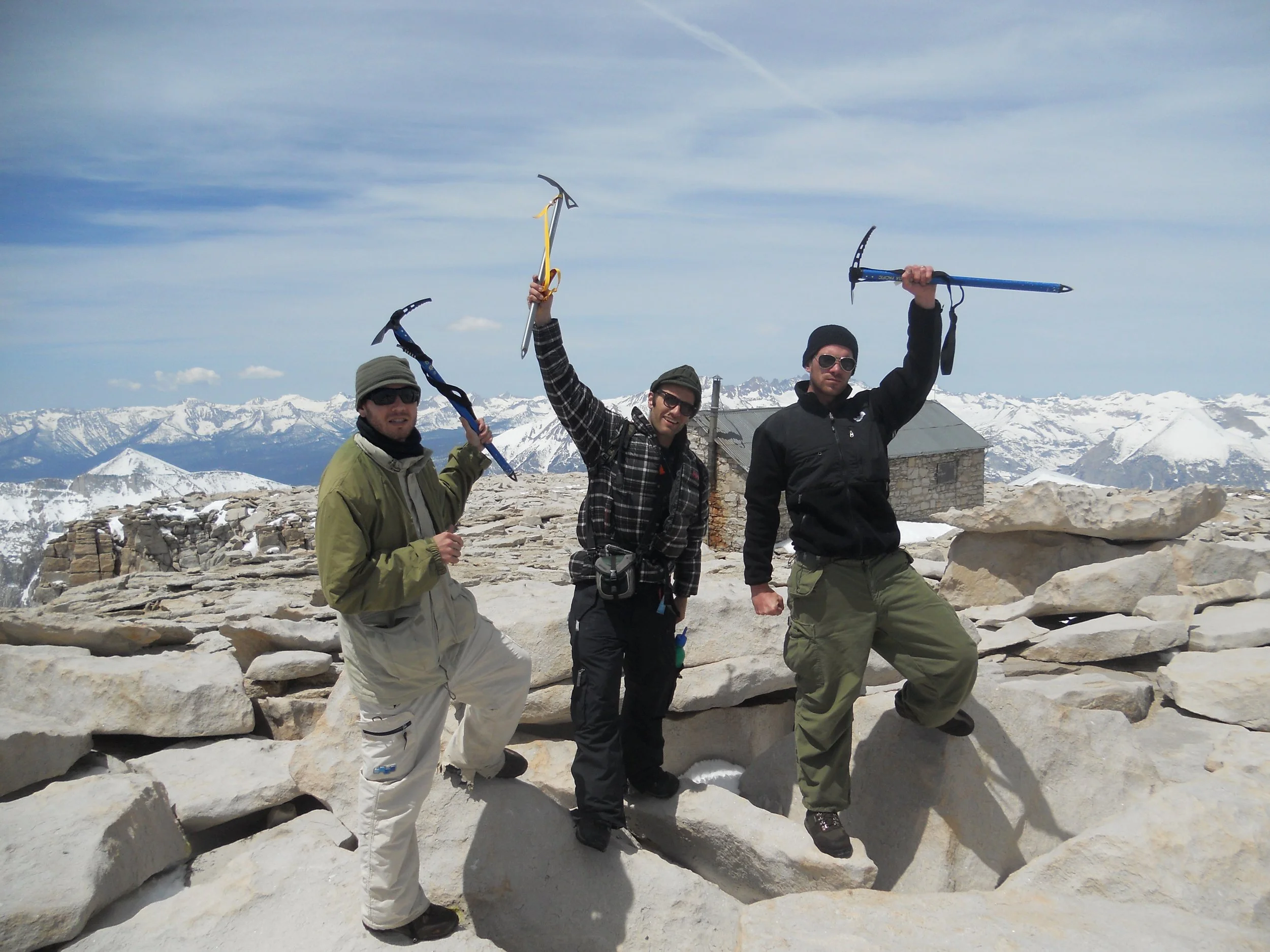
Why You Should Go to the Mountains When You Can
by Steven John
There is a restorative property to mountain visits that transcends the hike or climb, offering a source of happiness, calm, and centering that can be tapped days, weeks, or even years later.
If you type the words “why do mountains…” into a search engine, the top second or third hit – barring potential vagaries of a unique search history – will finish itself off as “…make me happy?”
The answer is, of course, going to have a varied answer from person to person, and in some cases the answer will be: “They don’t.” This answer will be given by people who, frankly, have not spent any meaningful time in the mountains – or in true nature in any capacity, most likely. But few and far between will be anyone who has spent any real time at any appreciable altitude or wild lands that feels that way.
For the rest of us, those for whom mountains – or at least decent hills, those with prominence enough to work up a bit of lactic acid, afford a view or two, and to remove us from our everyday whatnot by any appreciable amount – are a noted source of happiness, the reasons for said elevation of sentiment are several.
First, the simplest few reasons: going up a mountain can make you feel happier and healthier because you will be breathing cleaner air, you will be getting the benefits of exercise, you will be enjoying new (enjoying anew) the beauty of nature, and you will, most likely, given the fact that you are hiking or climbing up a mountain, not be actively engaged in (AKA mired in) work or your social life and all the complexities that come with both.

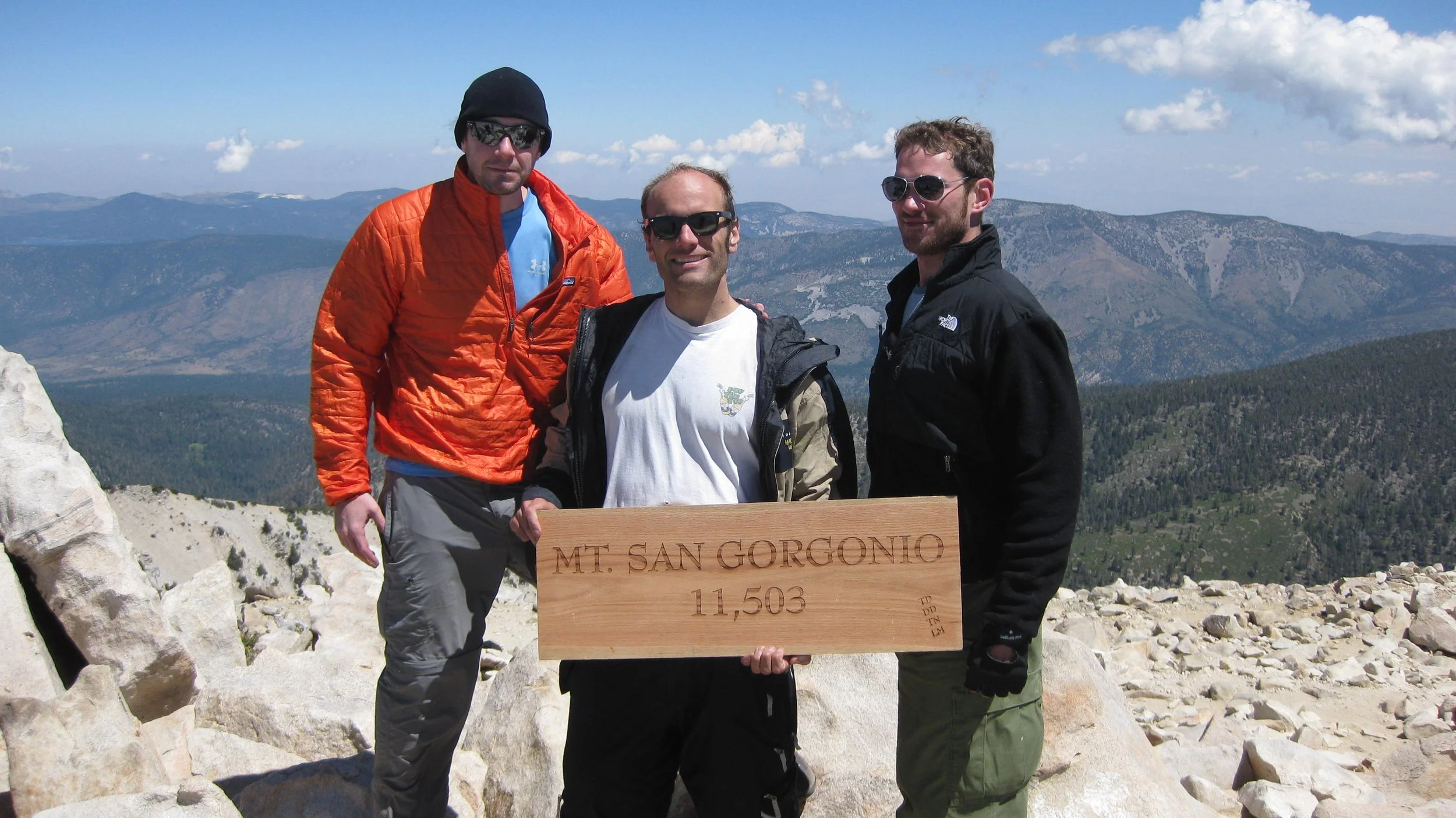
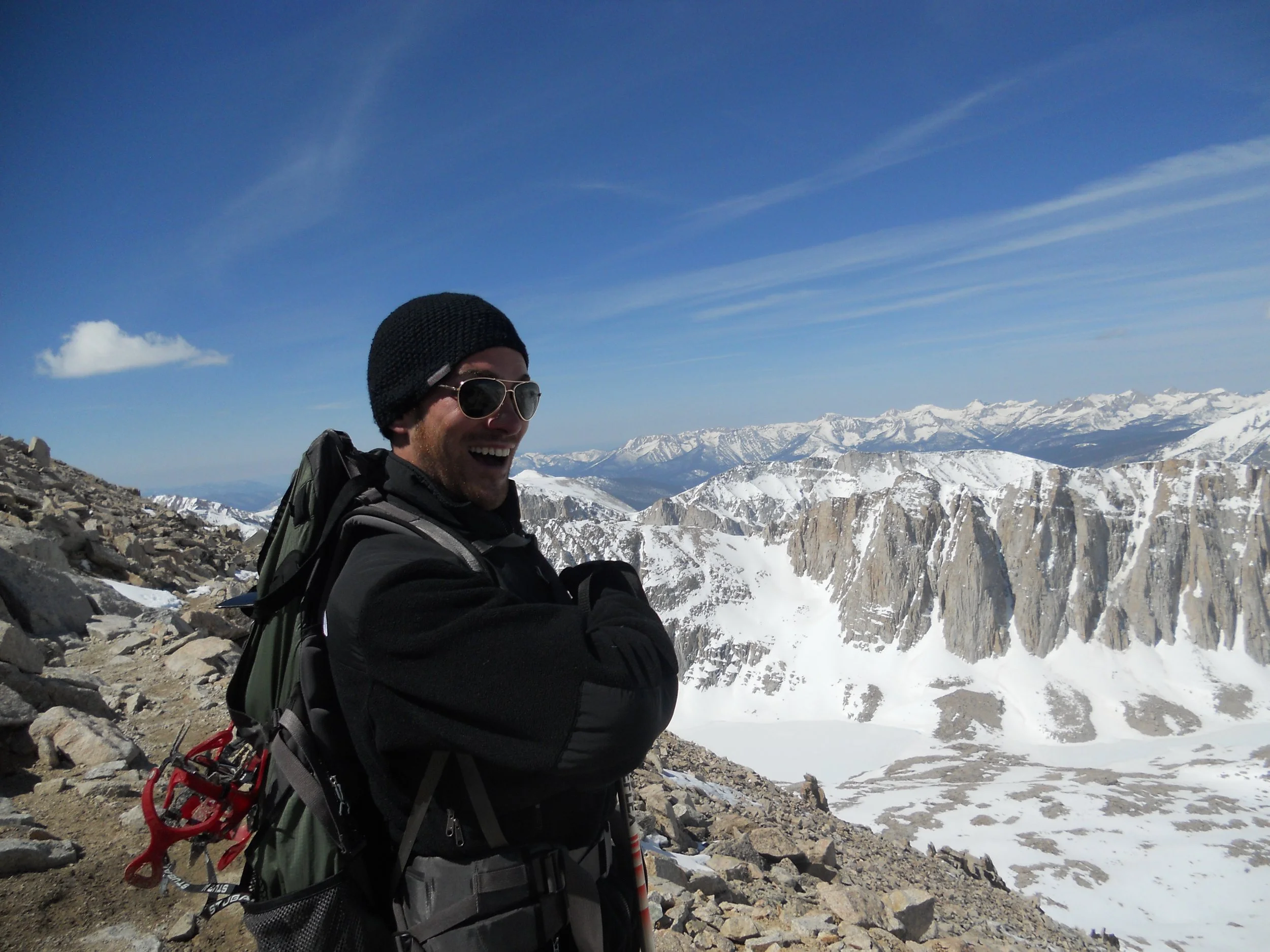
Most of that is science. Fresh air and exercise and mental/emotional breaks are good for you. And seeing things that are lovely to see, like vistas of tree-lined peaks or alpine lakes or snow-capped summits? That boosts your serotonin levels. There is even ample research suggesting that many of the smells you encounter in higher altitude wilderness spaces can make you feel happier, especially that pine scent. (Look into the Japanese practice of Forest Bathing for more on the olfactory of it all.)
But beyond those estimably concrete factors, why is it that mountains make people happy? Again, the reasons vary, so I can’t create a perfect answer for you, but I can tell you why mountains make me happy. And as I do so, please take it for granted that the fresh air, the vistas, the scents, and the exercise are all part and parcel. But there are two other reasons that are the real factors for me. And they are wonderfully enmeshed despite seeming diametrically opposed.
Nowhere do I feel more completely in solitude than when hiking, climbing, or trail running alone. Make no mistake, I use the term “solitude” in an entirely positive light – far from being a synonym for “lonely,” it is almost an antonym for that word. In solitude, I am enjoying my own company, which is to say my own experience, and only when afield, be it for an hour, an afternoon, a day, or longer, do I know for sure that my solitude won’t be interrupted, and only then can I truly, unhurriedly, descend into long, slow, deep thinking, or into a near meditative state of not thinking yet still doing.
When my wife and I (and for the last three years of it, our son) lived in Southern California, I used to do a 45-minute trail run/hike loop several times a week. It commenced at an altitude probably around 650 to 700 feet and ended at around 2,500 feet atop Mt. Thom, the lovely little mountain that towered above our hometown of Glendale. I did the steep jaunt up and down (so steep at parts that many I passed were scrambling on all fours – I always sprinted headlong, letting gravity and luck conspire as they felt appropriate) so many times over the years that I would hop off certain rocks, roots, or outcroppings by muscle memory as much as by sight and reason. I would lose myself on the slog up and recover myself sometime after the charge down, often literally not remembering much of the trek.
While I may have entered a semi-non-thinking state many times while headed up and down Mt. Thom, what never failed to happen was the entering of a happier, refreshed, and more balanced state during and lingering after those outings. And I have entered that same state countless other times, whether hiking in silence for hours on end through the jungles or mountains of South America, slogging along alone on trails crisscrossing northern Spain, or heading toward 14,000-plus foot summits alongside a climbing team with all members, myself included, so tired and winded we simply didn’t talk for stretched reaching an hour at a time.
And then, on the other hand, we have the exact opposite of solitude: mountain sojourns are often best shared. The potency of kinship that can be forged, rekindled, or strengthened during an alpine outing is almost impossible to match.
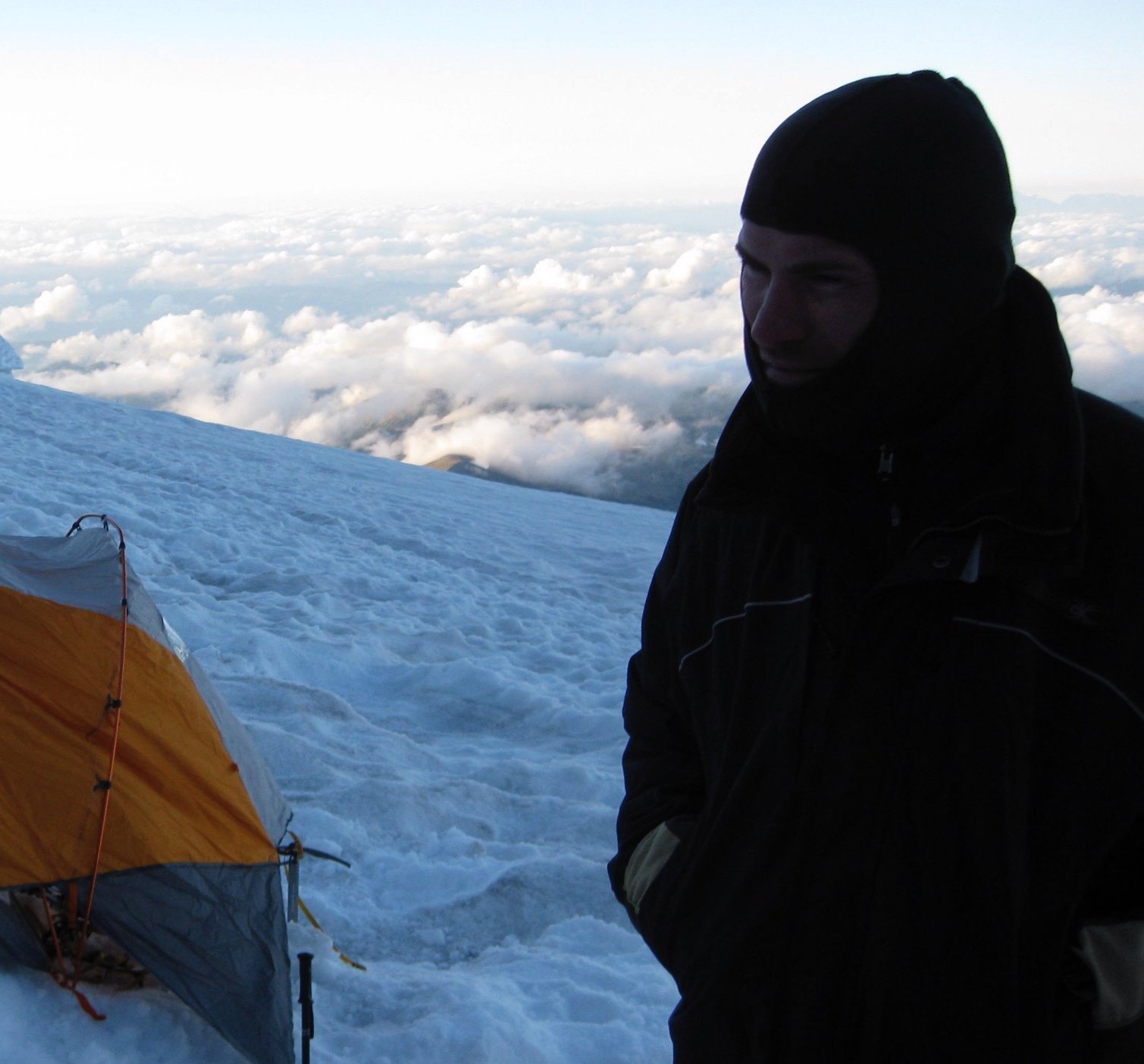
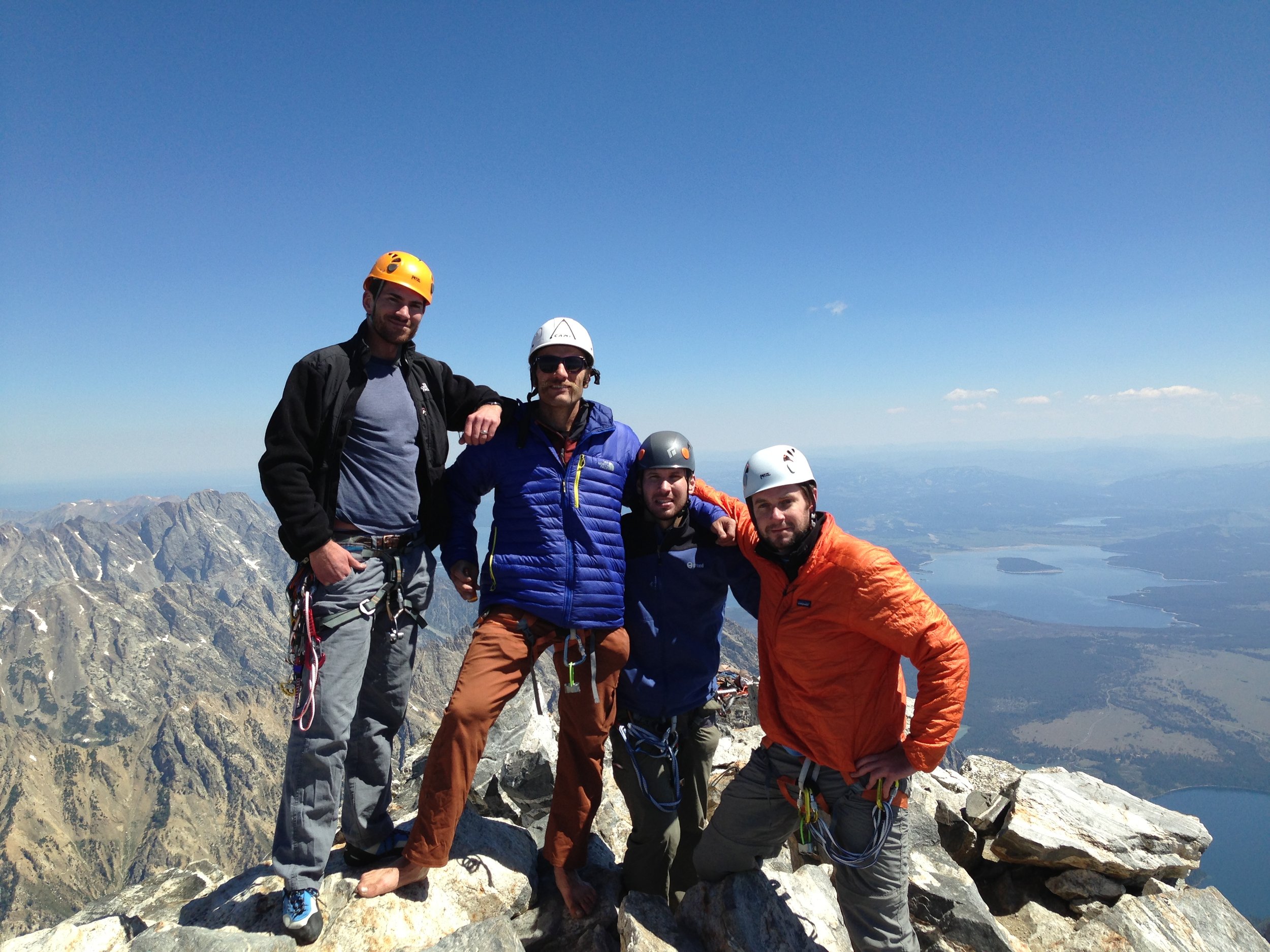
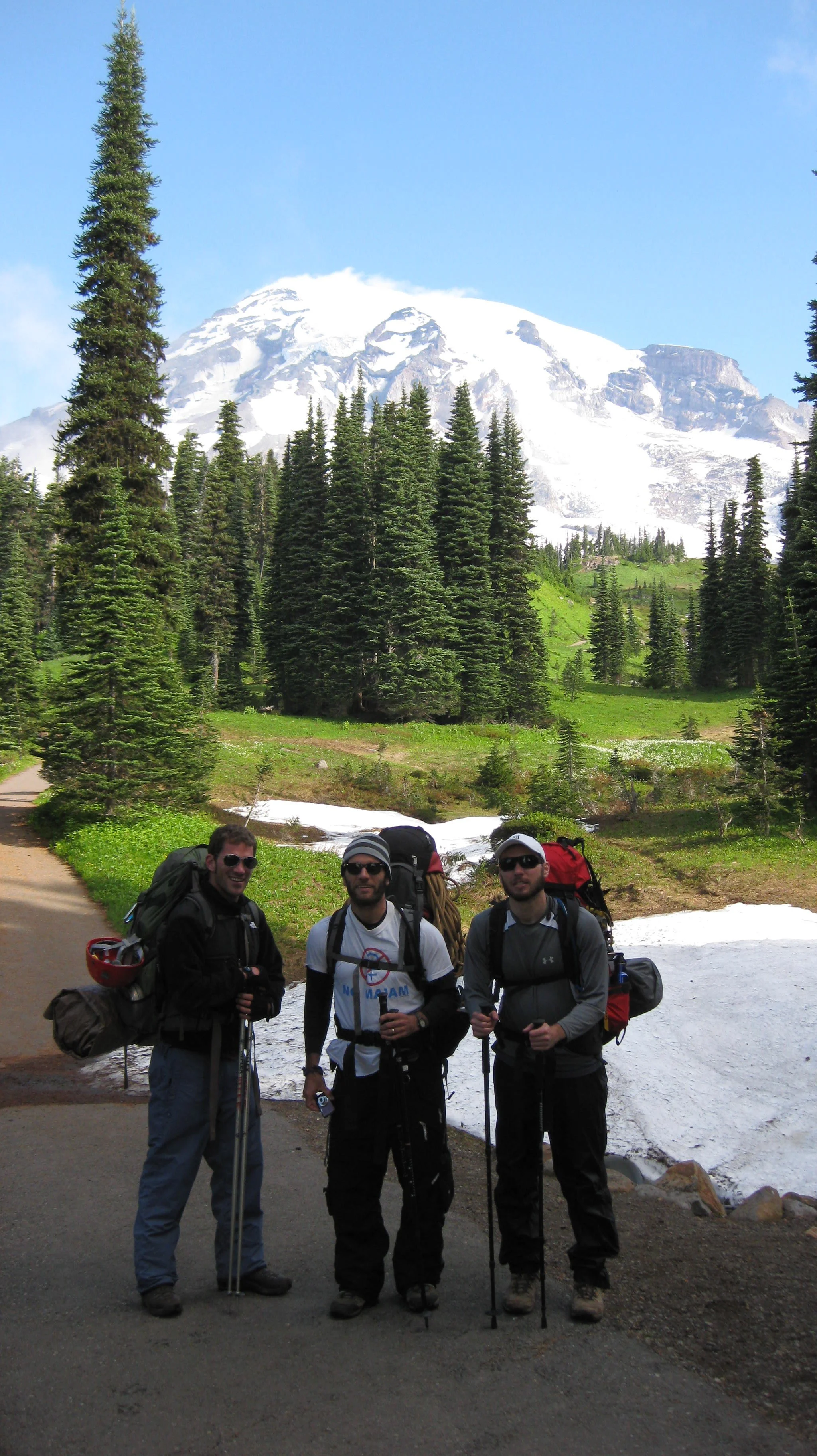
Whether you have exited the service area by a hundred miles or you’re just doing to decent thing and leaving your damn phones in your packs, when the distractions of daily life are aside, the connections you can make with another person are amplified. I have had some of the best conversations of my life on ling hikes, and that goes for chats shared with everyone from my wife of more than 16 years, friends I have known and cherished since high school, my brother whom has been a part of my life since day one, being that he is older than I, as well as with strangers met on the trail.
But – and here is a case in point – that is something of a misnomer, for there really aren’t strangers on the trail; when it’s a real trail, one that’s really out there in true hinterlands, there are no strangers, there are simply fellow outdoorsmen and outdoorswomen whom you can choose to greet and pass by, to meet and with whom to chat, and just maybe with whom to commune.
You’ll make fast friends out there, if you want to. Or you’ll come to better know and appreciate yourself. Both are well met. Also there are those benefits of fresh air and exercise.
